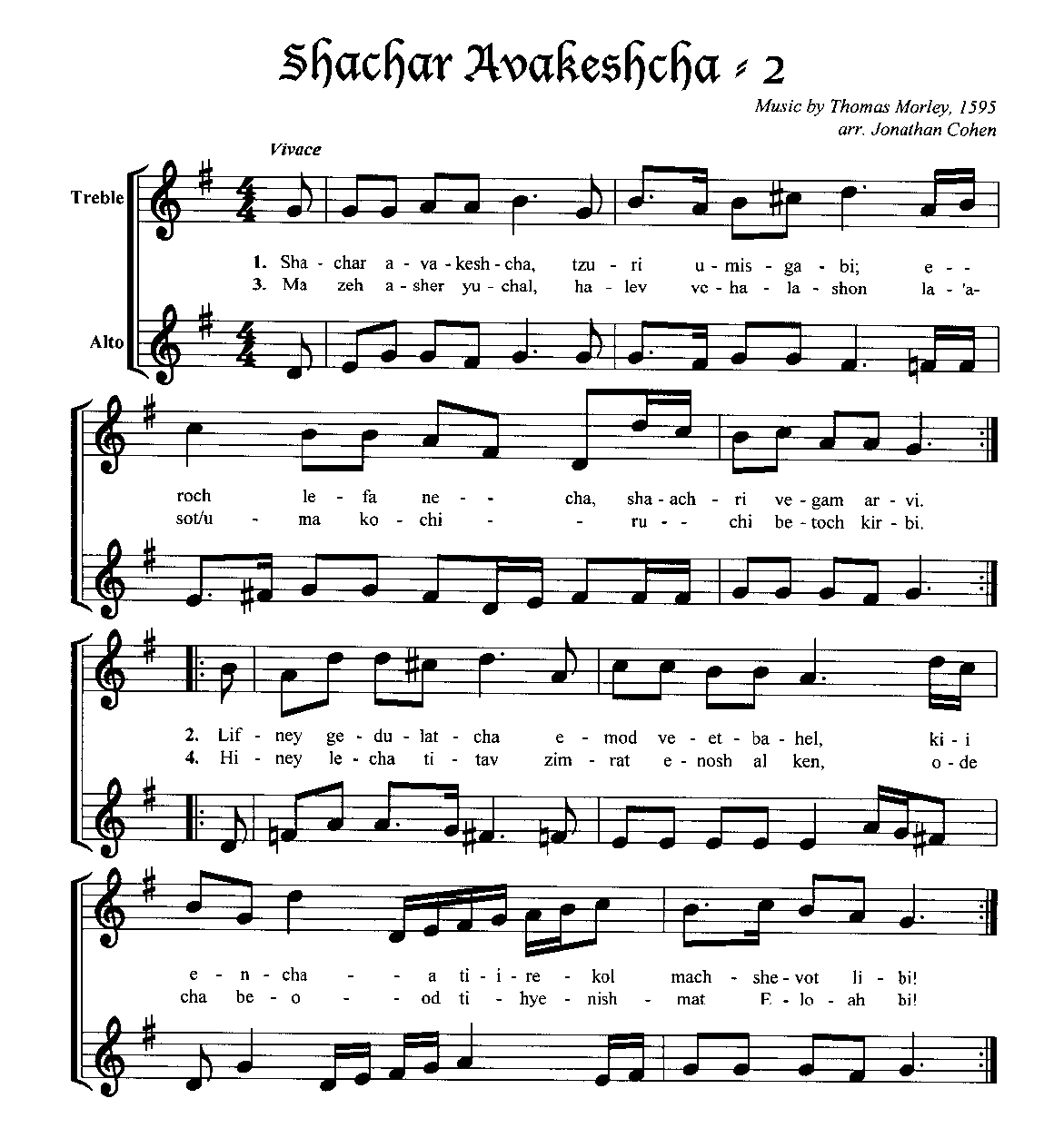Personally speaking...
"Jewish Sacred Music" doesn't by any means have to come from a Jewish source, but it must have merit musically, and bond with the Jewish words which it accompanies. There is almost a tradition of adapting suitable "secular" tunes for Jewish use, though I admit that when I heard the Psalm "Shir Hama'alot" sung to "Waltzing Matilda" I did feel that some sort of invisible barrier had been crossed.
Then there is the question of how the words are attached to the tune. In many communities this is traditionally done without regard to the correct pronunciation of the Hebrew. For example, in many of the chassidic versions of "L'cha Dodi" the vocal sheva in "L'cha" is pronounced as an accented segol! Words are also routinely massacred in North African Jewish music.
Personally I think there is no excuse for this, as with a little forethought the words can almost invariably be fitted to the tune properly.
The notable exceptions to this custom -- in my experience -- are the communities of Germany, and the Spanish and Portuguese. I have worshipped for many years in both, and only rarely heard the kind of "word corkscrewing" so common elsewhere.
Traditional Sephardi books of "Pizmonim" contain the
words of a beautiful hymn by Solomon ibn Gabirol
(1020-1060) called "Shachar Avakeshcha". The modern work "Sephardic
Songs of Praise" (by Abraham Lopes Cardozo, hazzan at the
Spanish and Portuguese Synagogue in New York) includes a
rousing tune for this, which was
apparently sung at the opening of the daily morning service of the
S & P Synagogue in Amsterdam before World War II.
The same words appear with a different (and for me less inspiring)
melody, in the Musical Volume "Sephardi Melodies" published
by the S & P Congregation of London.
We introduced the Dutch version into our Shabbat Table
repertoire
and it has become one of our favourites.
Recently I reset the words to the tune of a famous 16th Century
Madrigal by Thomas Morley, which we now call "Shachar Avakeshcha 2".
I think the tune well fits the "All Things Bright and Beautiful"
type meaning of the words. Click here for the
simple, two voice, version we sing in our home.
Shachar Avakeshcha

In case you are interested, I use a program called MusicEase to write music on computer, and although it doesn't do everything I could wish it to, one of the nice things it does do is convert the music you enter into a playable MIDI file, like the one above.
home